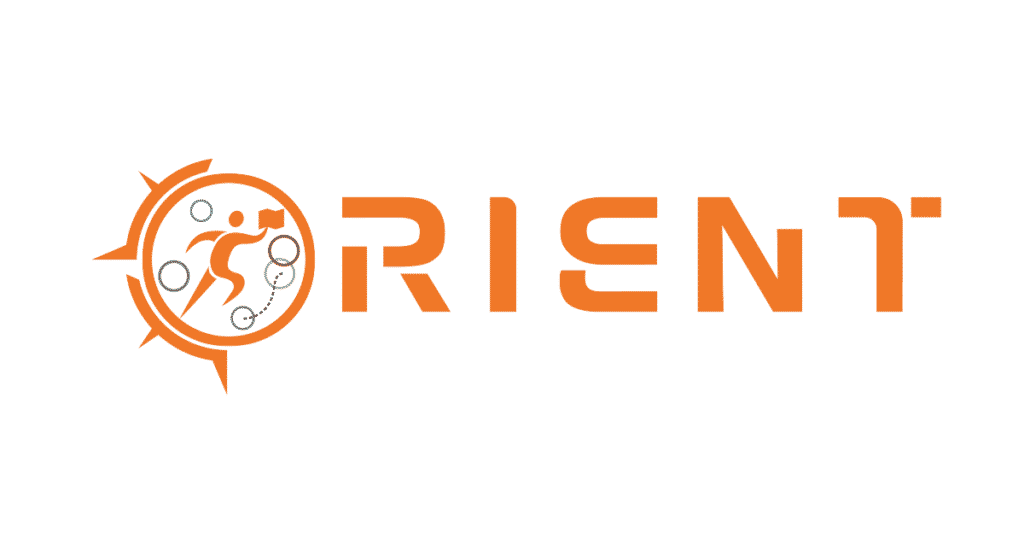ORIENT – Young explorers re-discover local communities through orienteering
An Erasmus+ project that aims to encourage the use of sports as a tool to foster social inclusion.
Grant Agreement Number: 622532-EPP-1-2020-1-IT-SPO-SCP
Funded by: Erasmus+ Duration: 1/1/2021 – 30/6/2023

Challenge
Social exclusion is one of the most urgent issues affecting European societies. According to recent EUROSTAT data, 22.4 % of the population across the EU is at risk of poverty or social exclusion. In Italy over one in four people belong in this category (28.9%). Bulgaria scored the highest percentage of all EU member states with 38.9% of the entire population. Comparatively, countries such as Greece (34.8%), Croatia (26.4%), and Cyprus (25.2%) share the same risks, although to a different extent. Social inclusion challenges are likely to become more severe and urgent than ever due to the recent outbreak of COVID-19 which is expected to heavily jeopardise economic growth. Action is needed to support young people who are at risk of social exclusion to a higher extent. Sports could be a means of achieving this goal, as it could give young people from vulnerable social groups a chance to find the space to emerge from their difficult situations and disadvantaged context. However, for this it is important to find new innovative approaches of sport, while increasing curiosity, motivation and participation. Orienteering could be one kind of these, as it proved to be an effective tool to foster capacity and community building.
Innovation
ORIENT aims to promote the social inclusion of young people from vulnerable social groups by enhancing trainers’ and CSO workers’ skills in using Orienteering as a tool for strengthening social ties.
Action

European Commission’s support for the production of this content does not constitute an endorsement of the contents, which reflect the views only of the authors, and the Commission cannot be held responsible for any use which may be made of the information contained therein.
Project Partners






